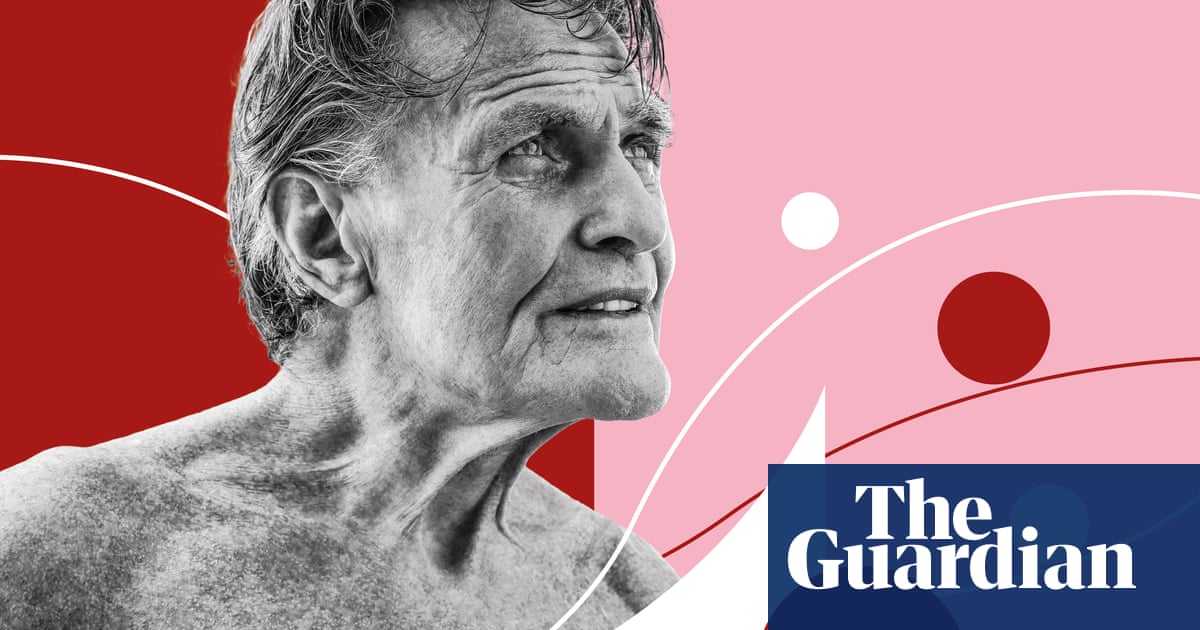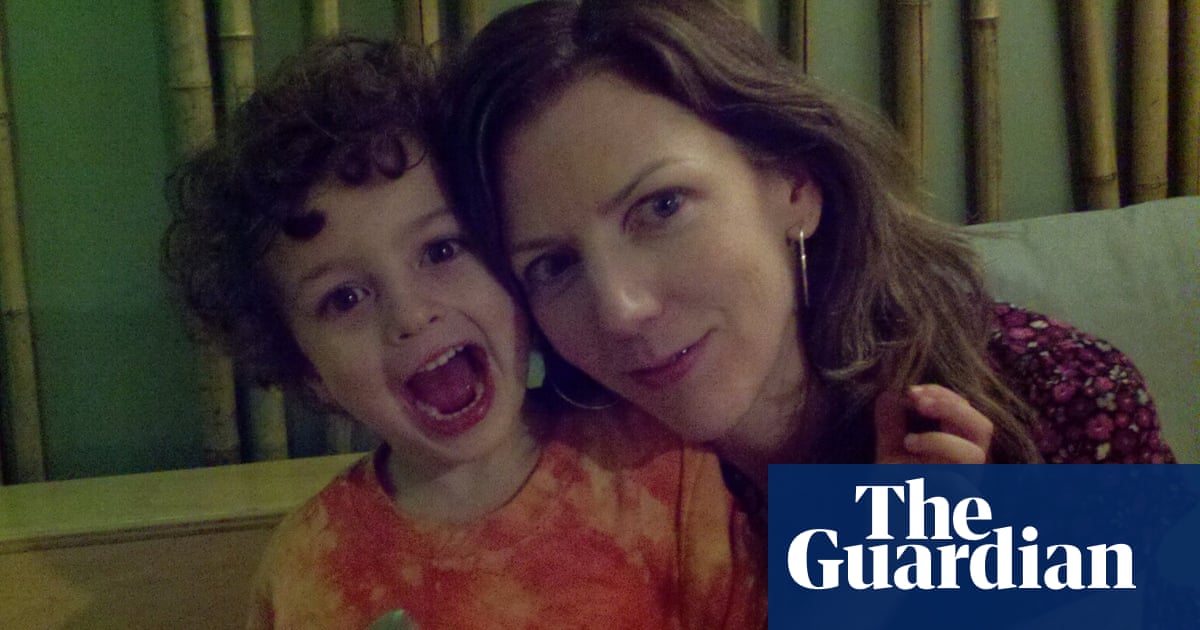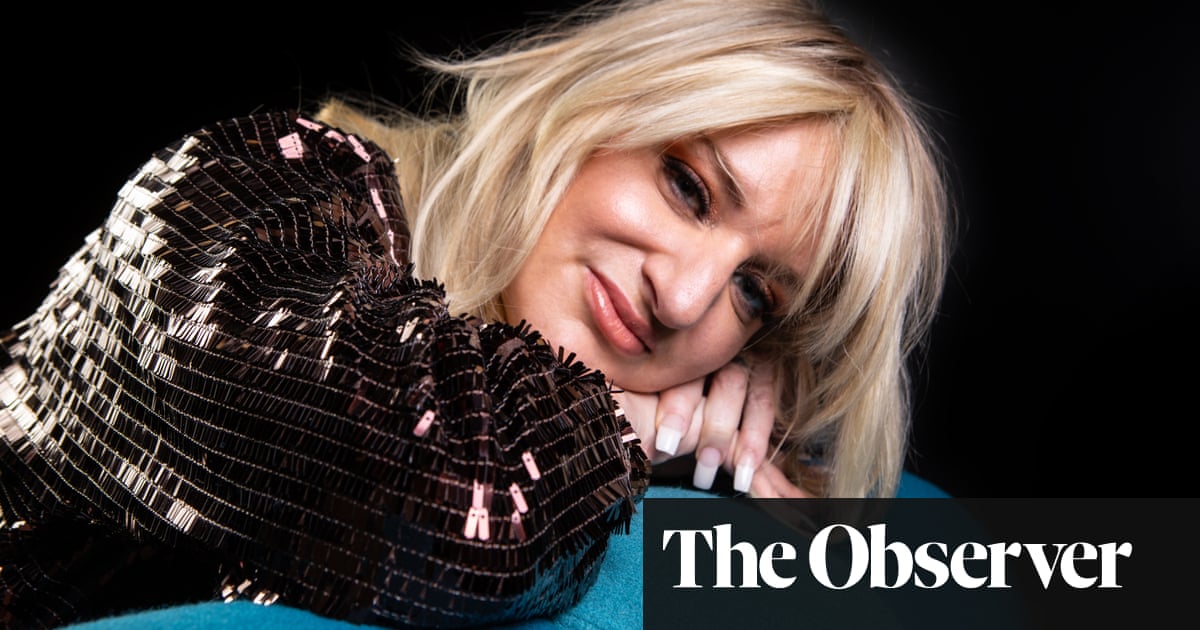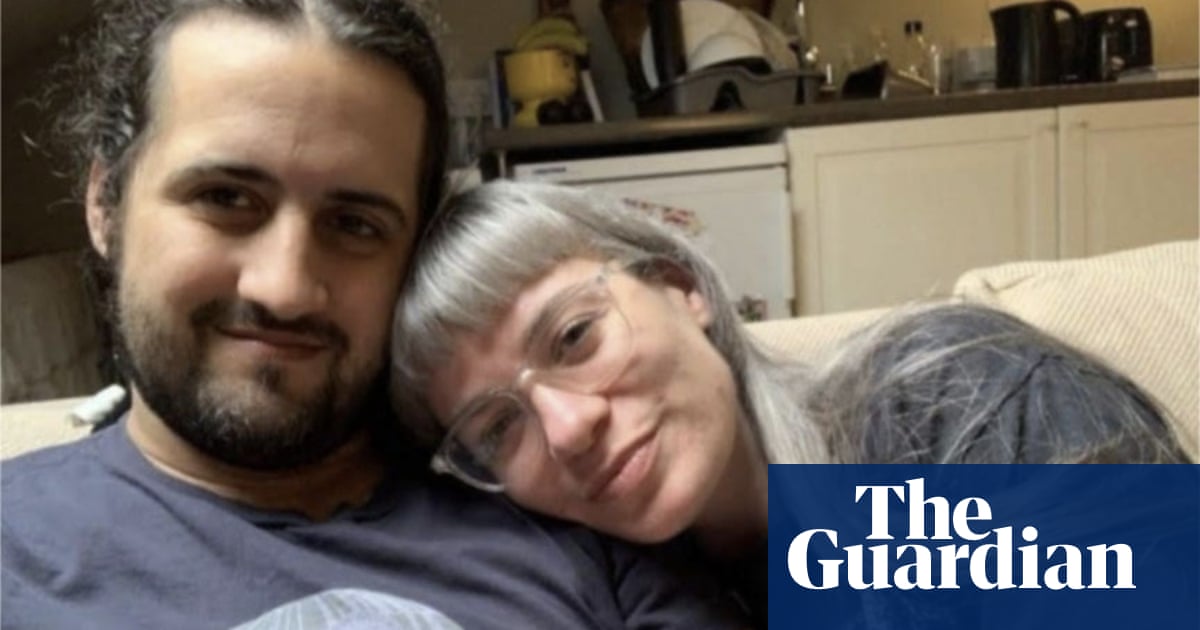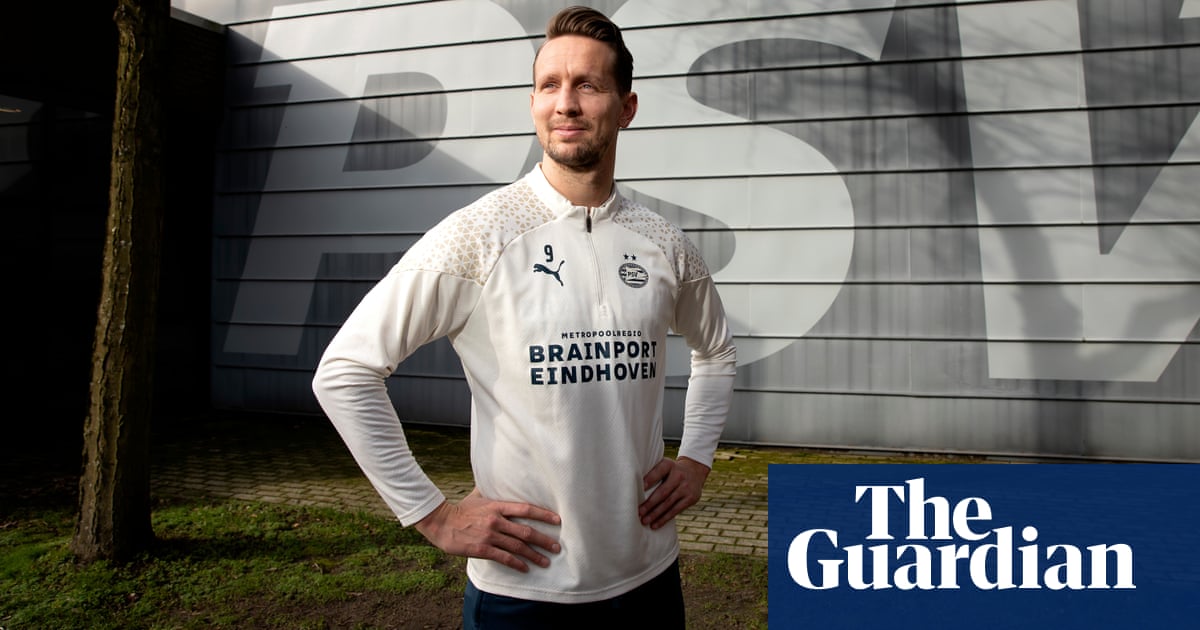
Luuk de Jong laughs loudly. The PSV striker has just been told he was included in a Daily Mail list of the 100 worst Premier League strikers – at No 75. His half-season on loan at Newcastle 10 years ago has long faded into the distance but was clearly not quickly forgotten by everyone.
When that countdown of “the biggest flops”, dating from 2017, is brought to his attention, De Jong says: “Really? When I only played 12 matches and not all of them from the start? And not in my position, either? Oh well, that’s the football world, you know. I was young. I think I am better armed now to take on Premier League defenders. It’s about your response to adversity – that makes the difference.”
De Jong has come far since that stop at St James’ Park. He is part of a PSV side who go into the Champions League last-16 first leg at home against Borussia Dortmund on Tuesday believing they can cause an upset. For the Dutch club it has been a remarkable season. They are clear at the top of the Eredivisie after winning their first 17 league games and finished below only Arsenal in a Champions League group with Sevilla and Lens. This has been in no small part down to De Jong.
The 33-year-old is the best attacking header of the ball in Europe according to the former Netherlands playmaker Rafael van der Vaart – and Opta’s statistics back that up. De Jong has scored 77 league goals with his head, more than any player in Europe’s six biggest leagues during the same period. Of his 27 goals (including six penalties) this season, 13 have been headers.
De Jong’s parents were volleyball players who represented the Netherlands and he played regularly as a kid in the garden or on the beach during summer holidays. It helped him with heading footballs. “I think the sense of timing is also in my genes,” he says. “But the process of getting to the header, choosing a position, making space for yourself, training patterns with teammates and estimating where and when the cross will come is something I have learned and got better at.”
The PSV captain is also famous for his mental strength. He has often been written off, notably after his Newcastle spell and his time at Borussia Mönchengladbach (2012‑14). He bounced back at PSV (2014-19), made a big impression at Sevilla (2019-21), whom he guided to Europa League victory in 2020, and went to Barcelona on loan before returning to PSV in 2022. “I never gave up. I always kept working hard and I think I am the best version of myself now.”
De Jong did not expect he and PSV would reach these heights. He is speaking at the club’s De Herdgang training complex in woods not far from the centre of Eindhoven, relaxing with an espresso in a cosy canteen where the walls feature pictures in simple frames of former players and coaches such as Romário, Ronaldo, Ruud van Nistelrooy, Mark van Bommel, Guus Hiddink and Sir Bobby Robson. The pictures show them at De Herdgang, joking with each other or with canteen staff.
Such simplicity and warmth are PSV’s strengths. Players such as Hirving Lozano, Jerdy Schouten and Noa Lang could be with top Serie A clubs but chose PSV. “PSV always plays for prizes,” De Jong says. “Everything is about performance – it is extremely modern and innovative here. There is also less panic here than at other top clubs; there is always a lot of confidence in the process and laughter in between the hard work.”
The “unreal” run of 17 successive Eredivisie wins has come under Peter Bosz, who led Ajax to the 2017 Europa League final. Bosz plays as offensively as possible and aims to pin down opponents with a high press. De Jong is enjoying the energy of Boszball. “I like to work hard, run a lot, grab the opponent by the neck. The coach has a lot of experience, has thought out every situation completely. He gives us confidence; he constantly drinks coffee with everyone.”
The Dortmund tie pits Bosz against the club he coached in 2017. “We are really excited and proud we are back with the elite,” says De Jong, who believes PSV learned a lot from the 4-0 defeat at Arsenal in September. “The difference was in the final phase in the box. They managed to have a lot of people in their and our box every time. I think we’ve come further now. In football everything can change so quickly.”
De Jong knows that better than most. Almost exactly 10 years ago, on 23 February 2014, he came on for Newcastle at home against Aston Villa. “At the end I shot a ball on to the post.” That fine margin meant he left without scoring. “I had to replace midfielder Yohan Cabaye, who went to PSG,” he says of his transfer. “I usually played behind the striker, which is not my favourite position. We were often pushed back very far; I barely got to the goal. I knew that beforehand but you don’t say ‘no’ when you get a chance in the Premier League at such a beautiful, big club. I would have liked to show more.”
The hard times have given him “incredible respect” for Harry Maguire. “He is a fantastic example for everyone: he always keeps going, always bounces back, even though he is completely razed to the ground by critics – 99 out of 100 players would not get up after that amount of criticism.”
In the Champions League with PSV in 2018 De Jong demonstrated home and away against Tottenham that he could score against top Premier League sides. With Sevilla two years later he got the winner in the Europa League semi-final against Manchester United and decided the final against Internazionale with two goals. “That remains the highlight of my career,” he says.
At Barcelona De Jong once more succeeded a player who went to PSG: a certain Lionel Messi. “That was very strange. Of course I was not brought in as his direct replacement. No one can replace that man. I came there as a target man. But I was actually sitting at his place in the dressing room. That was nice.”
The coach who signed him, Ronald Koeman, was fired quickly. Xavi Hernández told De Jong he could leave in January but De Jong chose to stay. “After that I scored some important goals, mostly headers. At one point they sang my name at Camp Nou at every corner or free-kick. You wouldn’t think it gets better than that. I am very proud of that.”
De Jong is good at shielding himself from criticism. One thing he can set his mind to off the pitch is the sustainable clothing brand 2050 he started with his brother Siem, a former Ajax and Newcastle player. “2050 is the year in which the world must be climate neutral according to the EU. We try to produce differently by, among other things, recycling clothing and working with sustainable materials.
“Everyone knows that the Earth is warming too quickly. You think about that even more when you have children. As a prosperous person, you are one of the major polluters. It is a good thing to try to turn something around in this area.”




